The Culture Journalist is an independent project that relies on word-of-mouth and is entirely funded by listeners. If this podcast adds something meaningful to your life, please consider supporting our work by taking a minute to rate and review us on Apple Podcasts. And if you really want to help us out, please consider signing up for a paid subscription. Paid subscribers receive exclusive access to full-length episodes and a monthly round-up of the best culture recommendations we have, with additional perks rolling out through 2022.
Flower crowns. Culturally appropriative costumes. Dead-eyed influencers snapping selfies in front of branded activations. If you have never been to Coachella, you probably think of it as a sum of the memes that have circulated about it online — or, at the very least, as an avatar for American youth culture at its most extravagant and, well, capitalist.
Today, we’re going to advance the somewhat controversial thesis that Coachella is actually one of the most thought-provoking cultural happenings of the year. We’re right on time, because Coachella just wrapped its first edition since the start of the pandemic, making it one of the first major music festivals to return in its wake. And Andrea was on-site to experience it.
Though DIY events like Woodstock set the blueprint, the last decade or so has seen the American music festival evolve into a cutthroat, revenue-driving business. Events like Coachella represent a significant chunk of the $20 billion global concert market, and North American corporations spend more than $1.3 billion sponsoring music events annually. Over 32 million people in the US attend music festivals each year, and a 2019 Deloitte survey of millennials found that the appetite for that kind of experiential culture is very real: 57 percent of respondents said they prioritized travel and seeing the world over owning a home.
No festival embodies that intersection of business and culture more than Coachella, which kicks off each spring in the Southern California desert city of Indio. Founded in 1999, Coachella has since blossomed into a three-day, two-weekend event that draws a total of around a quarter-million attendees every year (with a not-inconsequential environmental impact). It’s the premiere American megafest. The spectacle to end all spectacles. In 2017 — the last year Coachella released earnings info — the event grossed $114.6 million, setting a record as the first festival franchise to earn more than $100 million.
Like every year in recent memory, the 2022 lineup featured zeitgeist-defining headliners (Billie Eilish, Harry Styles, and Swedish House Mafia), along with a range of major players and rising stars in EDM, electronic, hip-hop, and rock. In short, if you want to get a real who’s-who of the power players in the popular music space today, you could think of Coachella as the new Grammys.
But it’s also more than that. In drawing hundreds of thousands of people from around the world to this blank desert canvas, the event doubles as a mirror of culture and society at large, and of the bizarre ways that art, commerce, technology, and community intersect in our everyday lives. To attend Coachella is to check in with the state of American culture. It’s to step outside our humdrum workaday existence and check in with how we’re doing.
Katie and Andrea working at Coachella 2018.
That’s why Andrea, along with a tight crew of fellow music and culture journalists, has been attending and covering Coachella for ten years. Alongside her has been Katie Bain, a longtime music reporter and critic and currently the director of Billboard Dance. Today, Katie joins us to discuss how the festival has changed — or not changed — and what this year’s edition tells us about where we’re at. We also discuss Coachella’s roots in alternative music and rave culture, its tangled relationship with influencer culture, and the surreality, and joy, of reuniting at Coachella after two years of hunkering down at home.
Read festival reporting by Katie
“‘Free’ Burning Man brings 15,000 maskless partiers, vax-only orgy & dogs galore to Nevada desert”
“Forget the headliners: The real star of Coachella is spicy pie pizza”
“Bon Iver’s dad helped me discover the secret jazz history of his hometown”
“EDC 2021’s failure to launch: How a plan to bring 200,000 people to Vegas fell apart”
“Art cars, plug and play, and Playa Tech: How electronic music culture is evolving at Burning Man”
Read festival reporting by Andrea
“Me, My Mom, and Paul McCartney: From the Iron Curtain to the California Desert”
“If you hate Calvin Harris, you're missing the point”
“There Is No One on Earth Like Beyonce”
“Stagecoach Is Still America’s Biggest Party About America”
“Coachella’s new programs target sexual misconduct. Are they working?”
“I Got My Phone Stolen, Lost My Friends, and Still Believe in Desert Daze”
“Waiting For The Drop: Las Vegas’ EDM Gamble”
Correction: This post previously stated that Coachella was the first major festival to return in the wake of the pandemic, which is incorrect, because… Lollapalooza and Bonnaroo ’21.

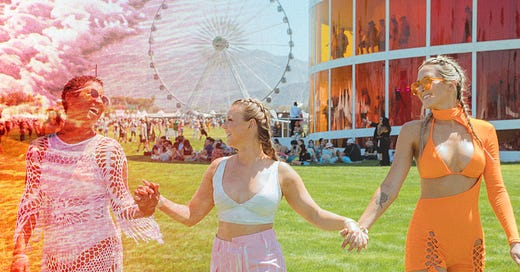





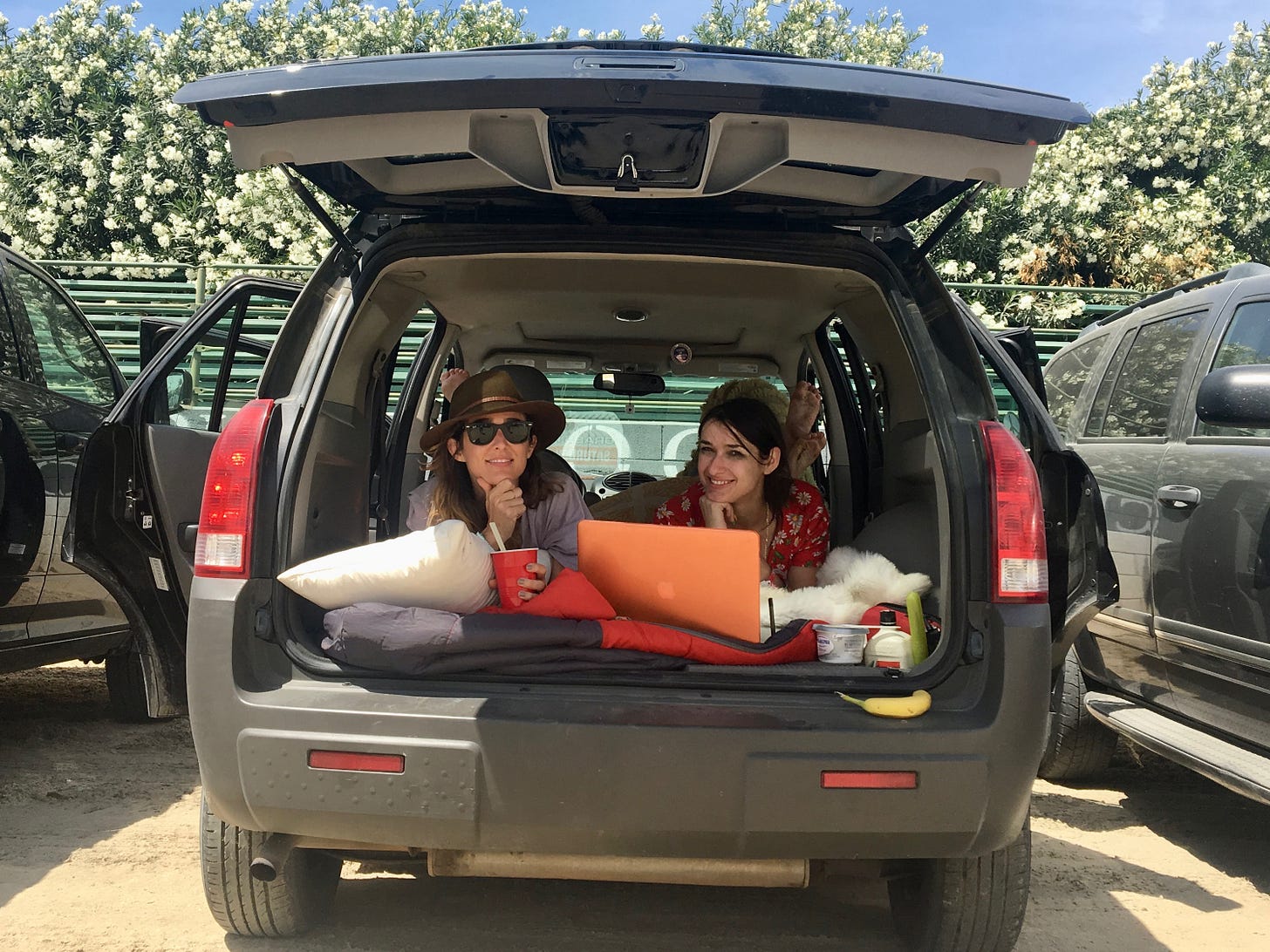





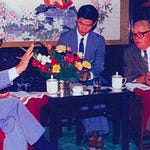
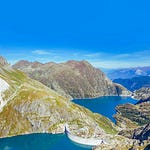
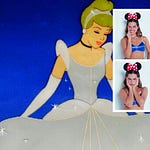


Share this post